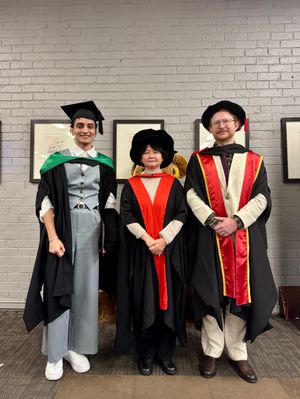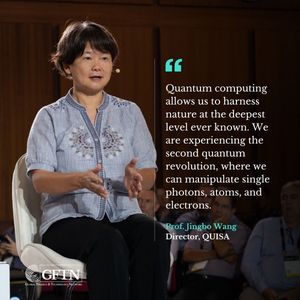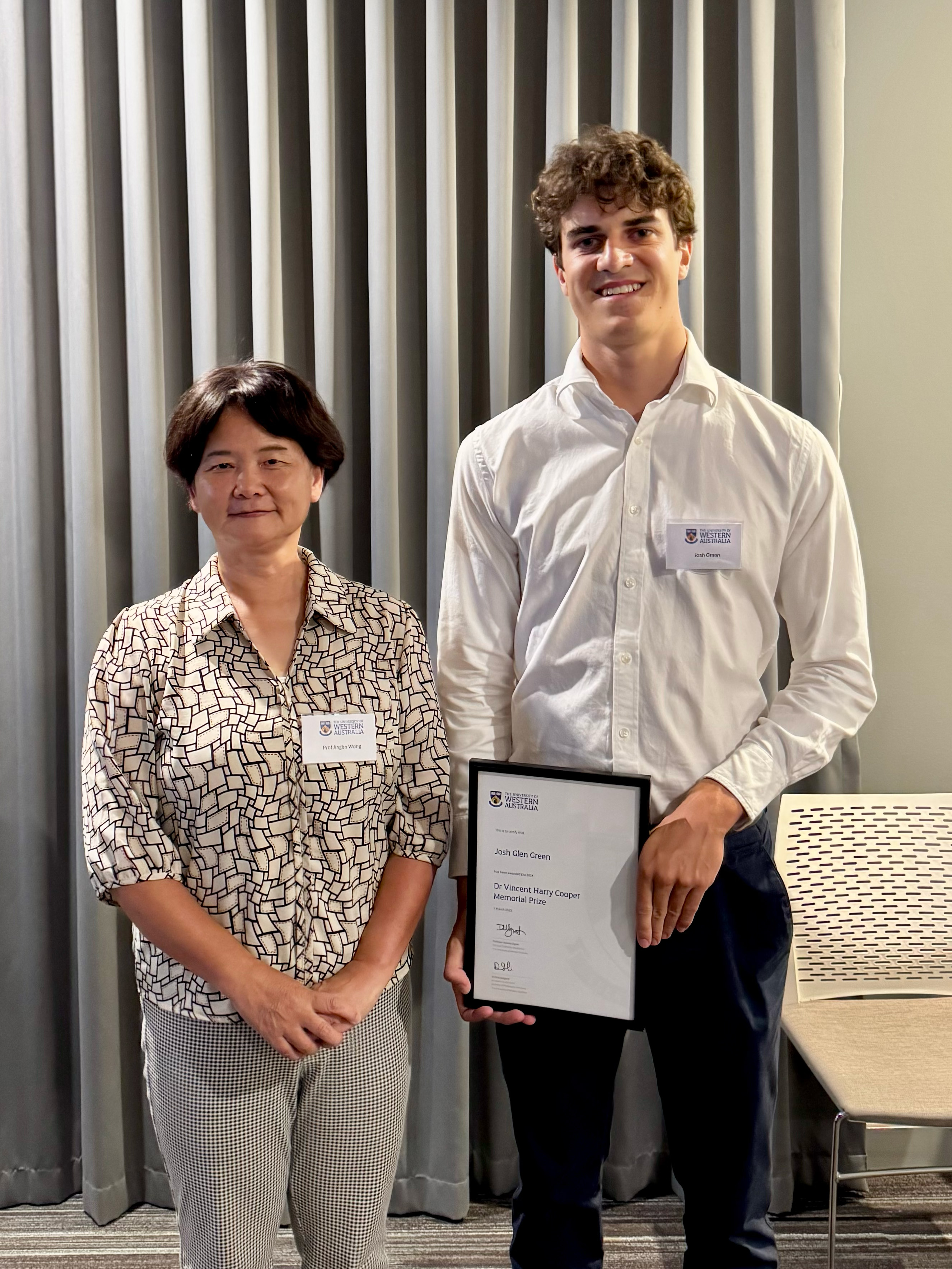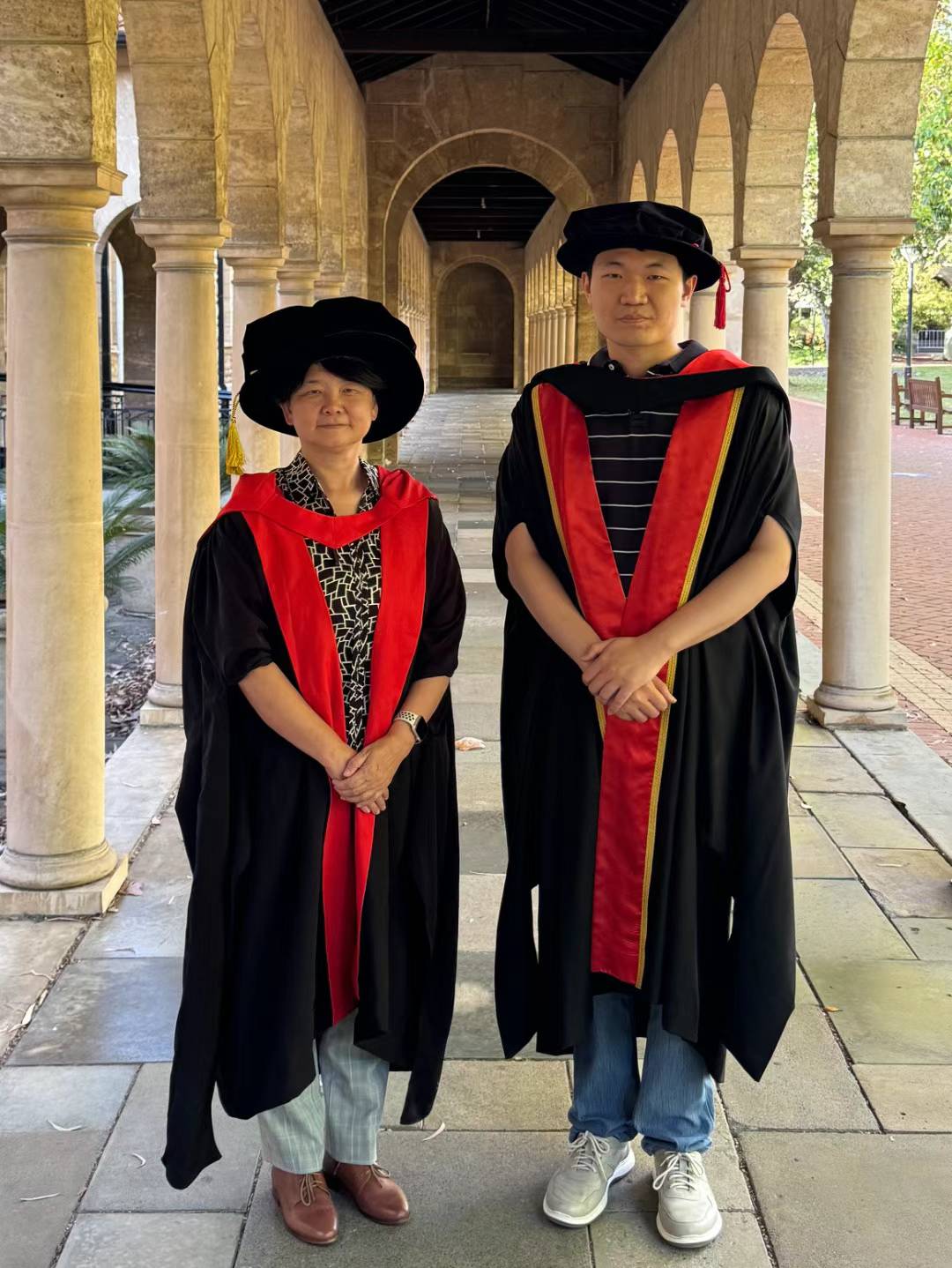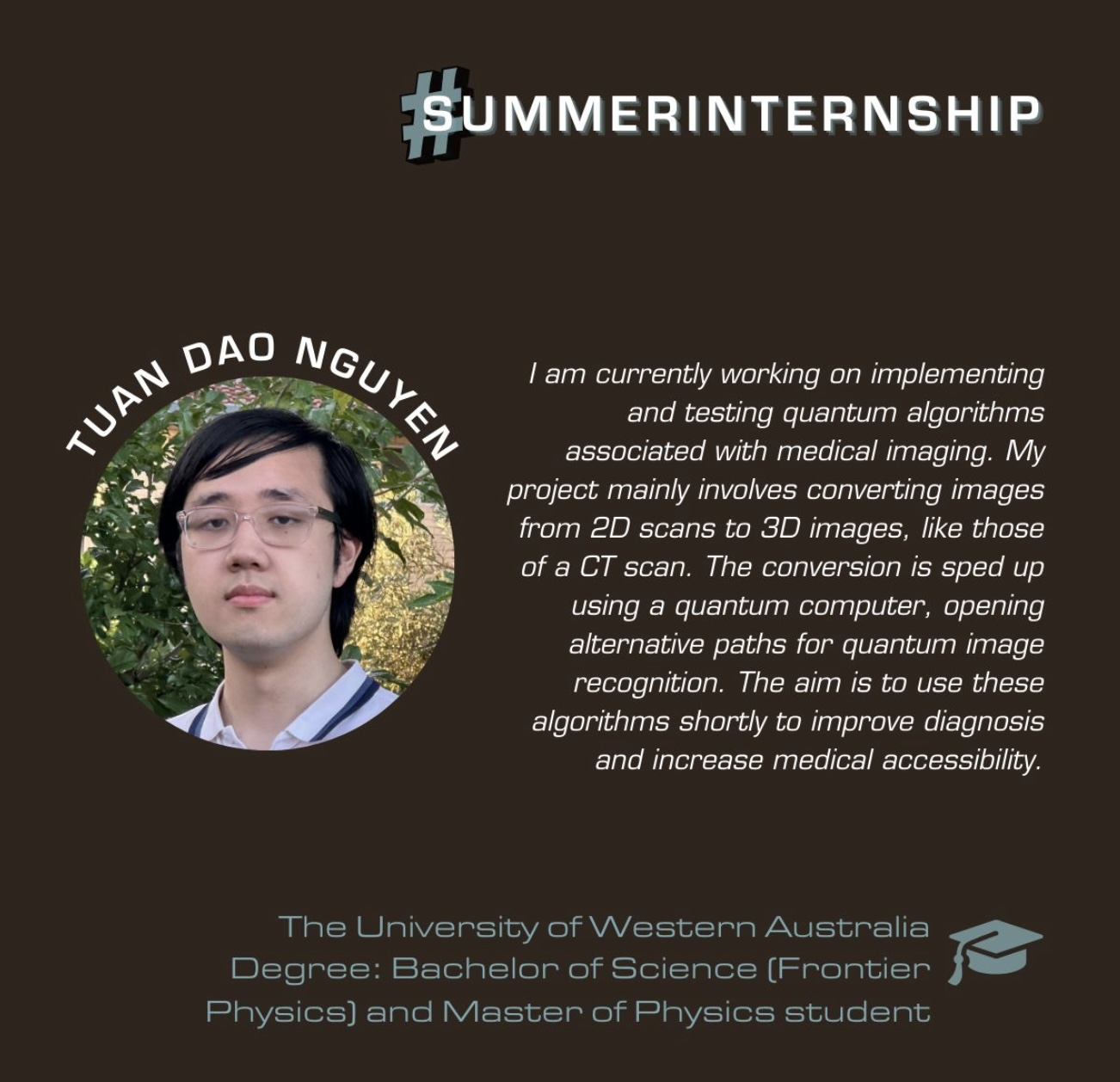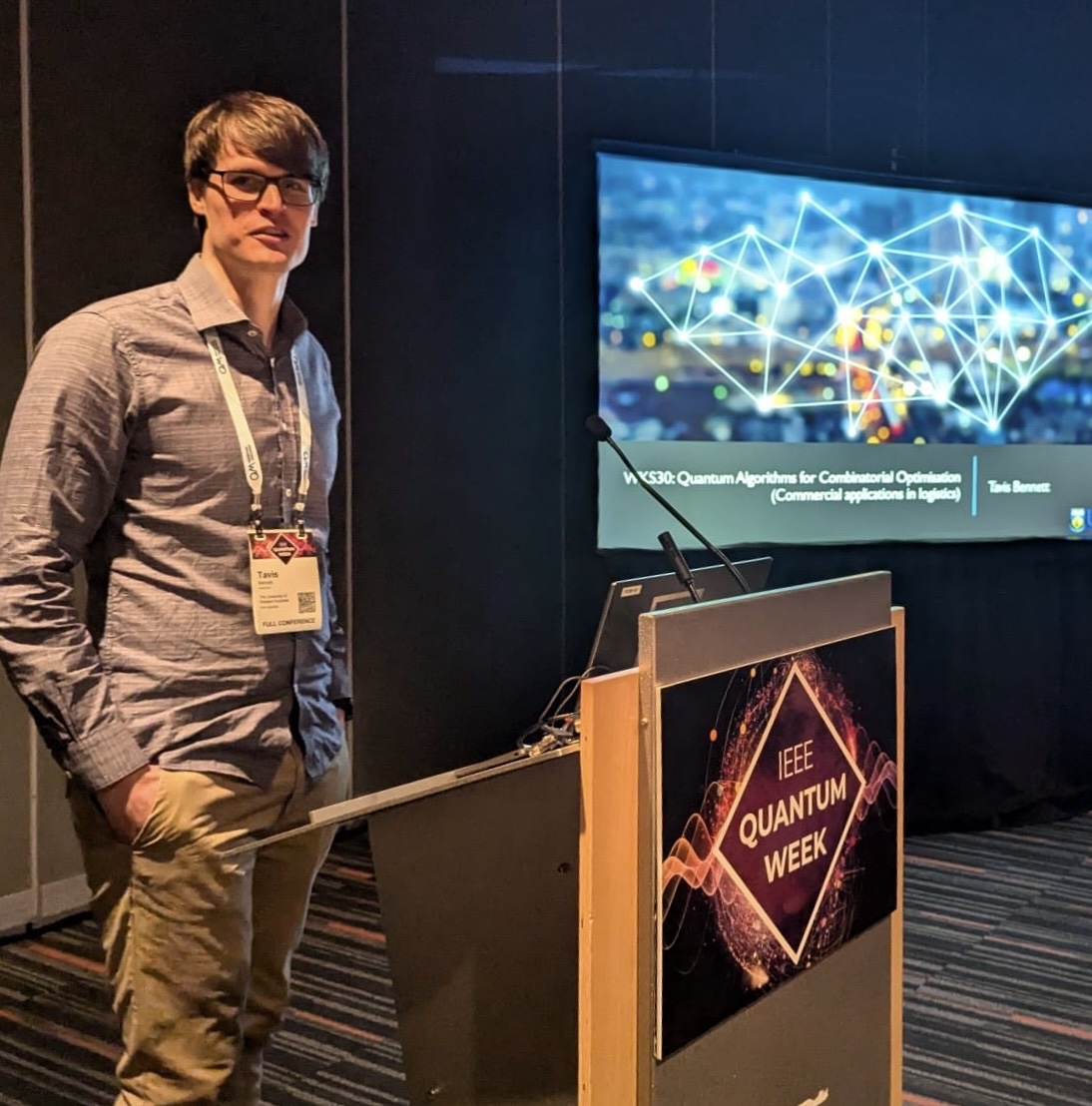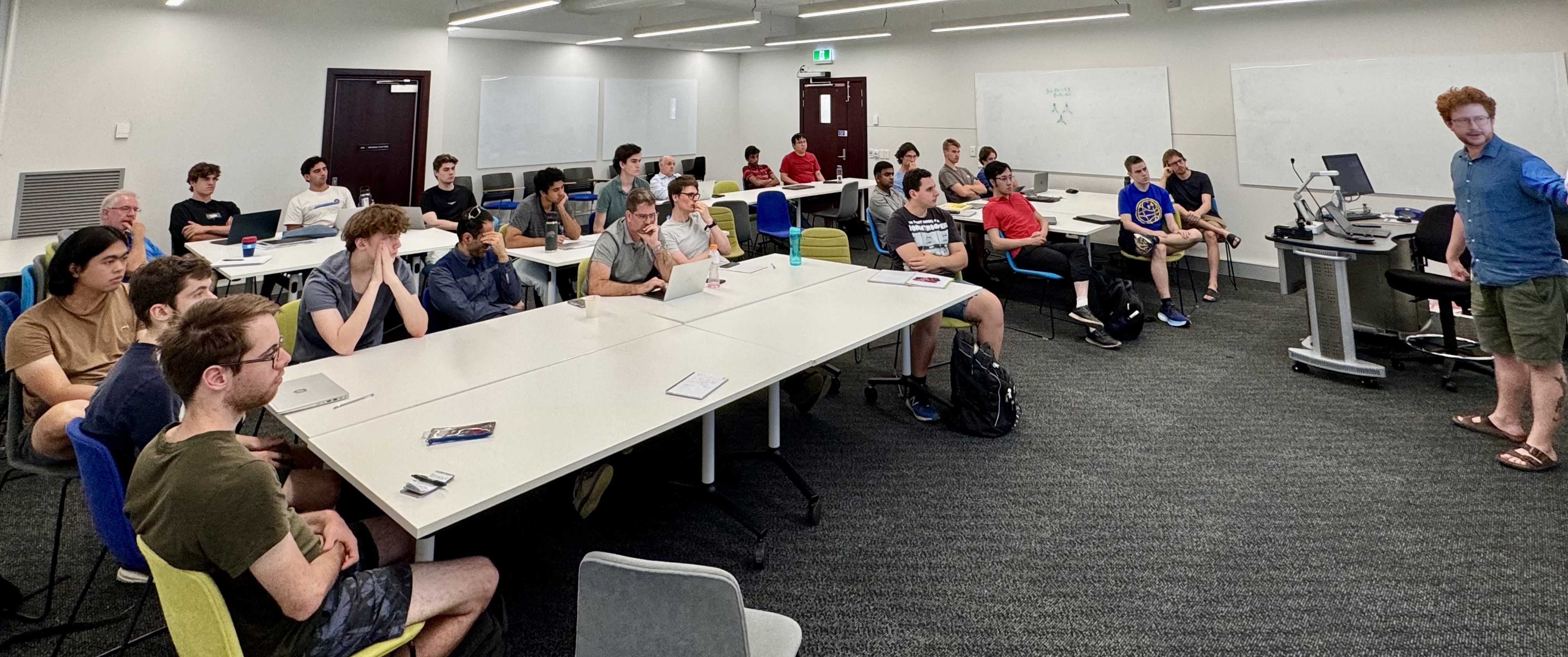Surrogates have been proposed as classical simulations of the pretrained quantum models, which are capable of mimicking the input-output relation inherent in the quantum model. Quantum hardware within this framework is used for training and for generating the classical surrogates. Inference is performed with the classical surrogate, hence alleviating the extra quantum computational cost once training is done. Taking inspiration from interpretable models, we look at local surrogates based on reuploading models as viable candidates for further optimizing this framework. In addition to local classical surrogates, we also propose local quantum surrogates as a cost-efficient quantum model. When the training and inference are only concerned with a sub-region of the data space, deploying a local surrogate offers a lot of computational cost reductions as well as better performance.
Surrogates have been proposed as classical simulations of the pretrained quantum models, which are capable of mimicking the input-output relation inherent in the quantum model. Quantum hardware within this framework is used for training and for generating the classical surrogates. Inference is performed with the classical surrogate, hence alleviating the extra quantum computational cost once training is done. Taking inspiration from interpretable models, we look at local surrogates based on reuploading models as viable candidates for further optimizing this framework. In addition to local classical surrogates, we also propose local quantum surrogates as a cost-efficient quantum model. When the training and inference are only concerned with a sub-region of the data space, deploying a local surrogate offers a lot of computational cost reductions as well as better performance.
